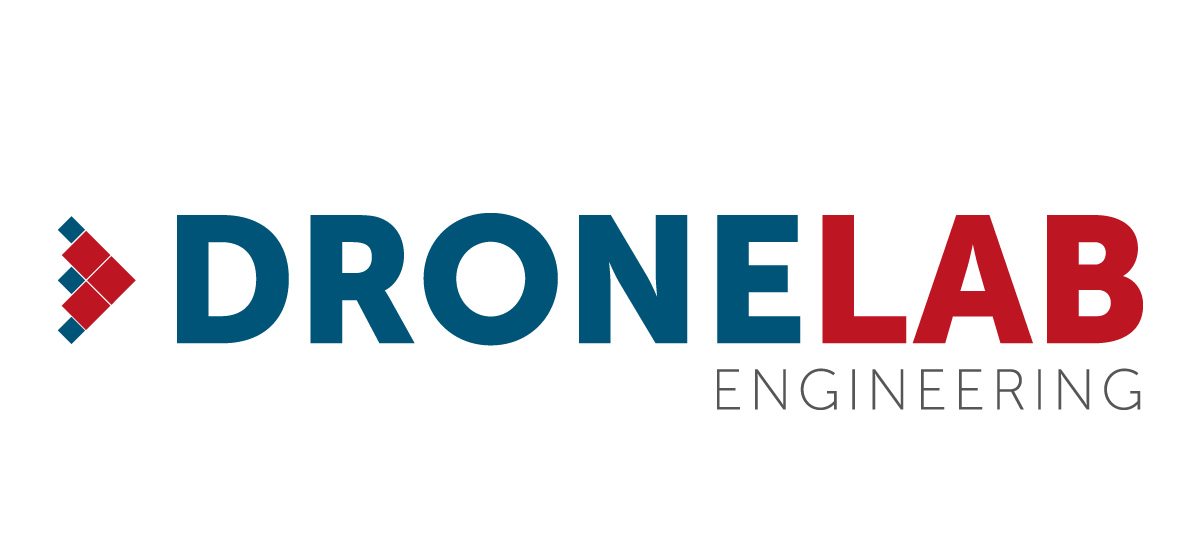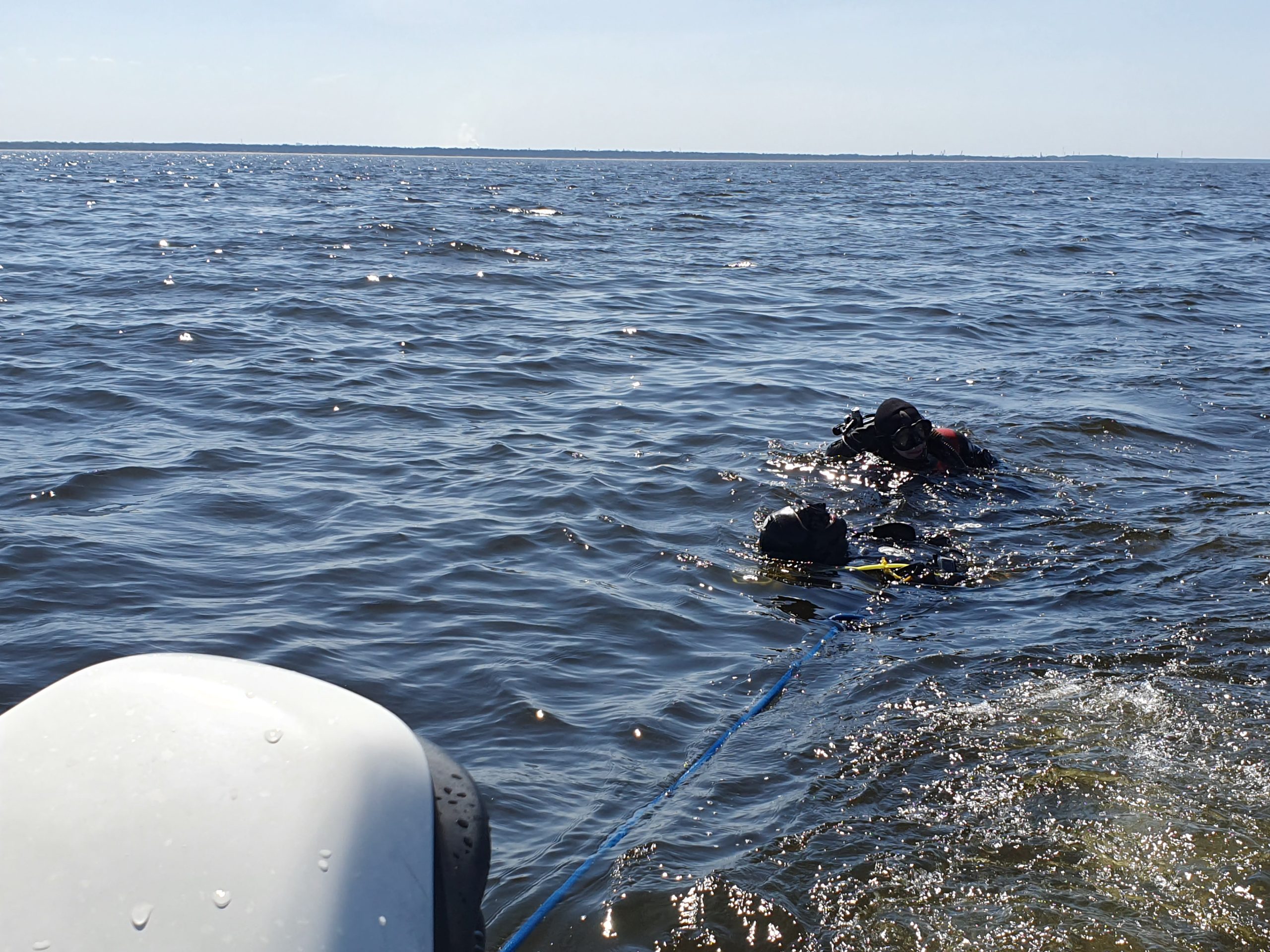The Baltic Sea, a vital waterway for trade and security among Baltic Sea countries, faces unique challenges in underwater mine countermeasures (MCM) and seabed warfare (SW). Traditional methods often prove slow, dangerous, and inefficient. However, innovative autonomous underwater vehicles (AUVs) and diver-operated systems are transforming how we approach these critical tasks.
Challenges in Underwater Operations
- Mine Detection and Neutralization: The presence of historical and modern mines poses a significant threat to maritime safety and security. Locating and neutralizing these mines efficiently and safely is paramount.
- Seabed Infrastructure Protection: Protecting critical underwater infrastructure, such as cables and pipelines, is essential for maintaining communication and energy security. Monitoring and safeguarding these assets requires advanced detection and tracking capabilities.
- Underwater Training and Simulation: Realistic training scenarios are vital for naval forces to maintain readiness. Simulating submarine threats and other underwater warfare scenarios requires sophisticated target systems.
Innovative Solutions for a Safer Baltic Sea
To address these challenges, cutting-edge technologies are being developed:
- Autonomous Underwater Vehicles (AUVs): AUVs equipped with advanced sonar and magnetic sensors can autonomously survey large areas, detecting and mapping underwater objects with high precision. These systems eliminate the need for constant human intervention, reducing risk and increasing efficiency.
- Diver-Operated Sonar Systems: For precise localization and classification of detected objects, divers equipped with handheld sonar systems and underwater navigation tools are essential. These systems enable real-time communication and data sharing between divers and surface vessels, ensuring coordinated operations.
- Underwater Target Systems: Realistic underwater target systems, simulating submarine threats, provide invaluable training opportunities for naval forces. These systems allow for the development and refinement of anti-submarine warfare tactics in a safe and controlled environment.
The Role of Small and Flexible Companies
The rapid evolution of underwater technology necessitates the involvement of small and flexible companies capable of developing and deploying innovative solutions. These companies can quickly adapt to changing needs and provide customized solutions tailored to specific challenges faced by Baltic Sea countries.
The Need for Qualified Professionals
The successful implementation of these advanced technologies relies on a skilled workforce. Qualified scuba divers, rebreather divers, and RIB boat captains are essential for operating and maintaining these systems, ensuring safe and efficient underwater operations.
Advanced Underwater Systems in Action
Modern AUVs are capable of autonomous navigation, data collection, and real-time data transmission. These systems utilize sophisticated sonar and magnetic sensors to detect and classify underwater objects, including mines and wreckage.
Divers equipped with handheld sonar systems can precisely localize and classify detected objects, providing critical information for neutralization operations. Underwater acoustic communication networks enable real-time data sharing and coordination between divers and surface vessels.
Underwater target systems, simulating submarine threats, provide realistic training scenarios for naval forces. These systems allow for the development and refinement of anti-submarine warfare tactics in a safe and controlled environment.
Secinājums
The Baltic Sea region requires robust underwater defense and exploration capabilities to address the challenges of mine countermeasures and seabed warfare. Advanced autonomous systems, coupled with skilled professionals and flexible companies, are essential for ensuring maritime safety, security, and infrastructure protection. By embracing innovation and collaboration, Baltic Sea countries can effectively address these challenges and safeguard their vital interests.

